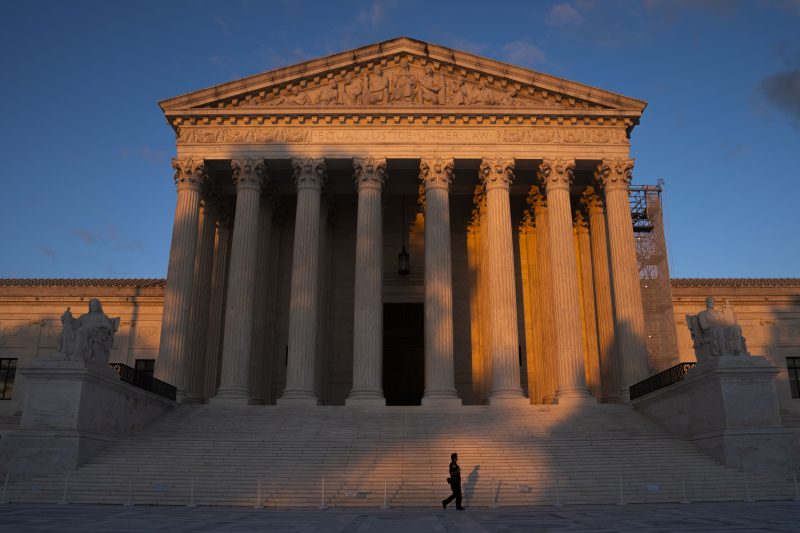The Supreme Court Takes New Cases Including a Mexican Suit Against U.S. Gunmakers
Mexico’s Lawsuit Against U.S. Gunmakers Gains Supreme Court Attention
The Supreme Court of the United States has recently taken on new cases, one of which involves a lawsuit filed by the Mexican government against multiple American gun manufacturers. This case has significant implications for the international legal landscape and has brought attention to the complex issues surrounding gun control and liability across borders.
The Mexican government’s complaint alleges that several U.S. gun companies are responsible for the flood of illegal firearms into Mexico, which has fueled violence and crime in the country. The lawsuit represents a bold attempt to hold American gun manufacturers accountable for the impact of their products beyond U.S. borders, a move that has triggered heated debates on legal and diplomatic fronts.
The legal basis for Mexico’s lawsuit is the Protection of Lawful Commerce in Arms Act (PLCAA), a federal law passed in 2005 that shields gun manufacturers and dealers from most lawsuits seeking damages for harms caused by the criminal misuse of their products. The PLCAA has been a subject of controversy, with critics arguing that it provides gun companies with broad immunity from liability, making it difficult for victims of gun violence to seek justice.
By accepting this case, the Supreme Court will have the opportunity to weigh in on the boundaries of the PLCAA and determine whether foreign governments can bring lawsuits against U.S. gunmakers for damages occurring outside the United States. The decision in this case could have far-reaching implications for the gun industry, international relations, and the broader conversation around corporate responsibility and accountability.
On one hand, proponents of the PLCAA argue that holding gun manufacturers liable for the criminal acts of third parties would undermine the purpose of the law and set a dangerous precedent for imposing extraterritorial liability on American companies. They contend that the responsibility for addressing gun violence lies with governments, not private businesses that produce legal products.
On the other hand, critics of the PLCAA and supporters of Mexico’s lawsuit highlight the devastating impact of illegal firearms trafficking on communities in Mexico and the need for accountability at every level of the supply chain. They argue that U.S. gun companies should not be shielded from legal challenges when their products contribute to violence and instability in other countries.
The Supreme Court’s decision on this case will not only have legal implications but also diplomatic consequences, as it may influence U.S.-Mexico relations and set a precedent for future cross-border lawsuits against American companies. The court faces the challenging task of balancing the interests of the gun industry, individual victims of gun violence, and the principles of sovereign immunity and international law.
As the case unfolds, all eyes will be on the Supreme Court as it navigates the complexities of the PLCAA, gun control, and international legal norms. The outcome of this case could have a lasting impact on the legal landscape and shape the future of accountability for gun manufacturers operating in a globalized world.
